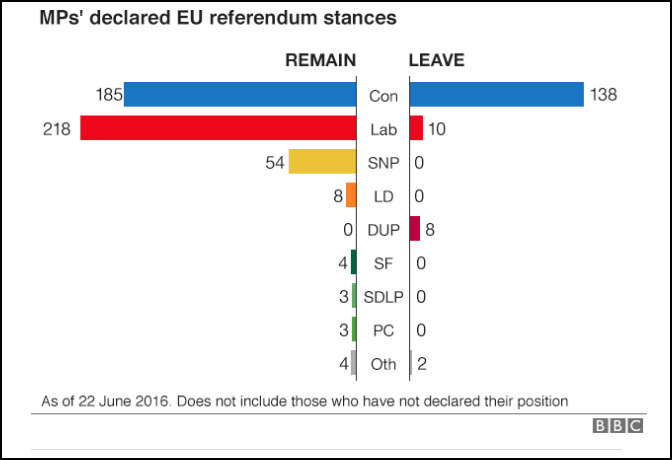
Months into the worst health crisis the world has known for a century, much of the focus is rightly on finding medical solutions for the pandemic, whether a vaccine, improved medical treatments for people with life-threatening symptoms, or reliable forms of testing for infection or resistant anti-bodies. But parallel to these issues, there is widespread concern that the effect of governments’ efforts to contain the spread of the virus will be the worst economic crisis this century.
The world’s stock markets have collapsed by some 25%, unemployment claims in the USA alone have risen to over 6 million, and economic growth forecasts for 2020 range from 1% in Asia to -6.5% in the UK and -7.5% in the Euro Area. Whilst lockdown measures in many countries are being slowly eased, no one is able to predict when the worst-hit sectors of the world’s economies – hospitality, tourism, events and travel – will be able to return to anything resembling normality. Instead there is talk of a “new normal” that will follow the health crisis.
Yet before COVID-19 struck, Greens around the world were already searching for solutions to many of these economic problems. Greens in Scotland advocate leaving oil in the ground and supporting “a fair transition of skills and investment (from the oil industry) to renewable energies and sustainable industries“. A range of political parties and politicians around the world advocate a Universal Basic Income, for example the Green Party of England and Wales. And a number of ecologically-minded economists have argued since 1972 for a no-growth economic model that operates within the limits of the earth’s finite resources.
The COVID-19 pandemic has placed the following conundrums of full-square in front of us all.
- How can we manage a decline in overall consumption?
- How can we survive without industries and activities that pollute and generate high greenhouse gas emissions?
- How can we ensure that we can all survive as the economy throttles down?
These three effects of the pandemic are regarded in our current economic world as problems that need to be reversed. Yet in every case, from the point of view of the earth’s resources, they are actually desirable. The major difference is that greens and others advocate a managed transition, whilst the pandemic has hit us with these economic consequences without any forward planning or anticipation.
A recent article on the steady-state economy website argues that there is a silver lining to the COVID-19 pandemic. What has been termed “wealth” by growth advocates can actually be better characterised as “illth”, activities doing harm to ourselves and the environment – noise and congestion, landscape destruction, environmental catastrophe and light pollution. Indeed the pandemic itself is now being partly blamed on our “excessive intrusion into nature..The solution is to have a much more respectful approach to nature, which includes dealing with climate change and all the rest”.
Intriguingly, a key tool in a planned move to a low-consumption, no-growth, and no-fossil fuel economy is localism. Analysts of greenhouse gas emissions, and governments around the world currently engaged in an all too slow transition to no-carbon economies, see transport as the top problem sector, the one area that is currently not achieving reductions in emissions. For example, Samual Alexander, research fellow at the Sustainable Society Institute at the University of Melbourne, argues that a de-growth economy will involve reduced working hours, a lot of growing of our own food (so-called edible suburbs), and much much less global trade.
Will COVID-19 force us into a more sustainable lifestyle? Probably not. As things stand today, owners of bars, cafés, restaurants, hotels, logistics companies, airlines, sports organisations, public transport and many more are looking for a way back to their previous existence. And governments are focussed on aid that simply bridges a gap rather than offers a transition. But many of these sectors will not see a way out of the crisis until a reliable vaccine is found. Perhaps in months to come, with a vaccine still a year away, the thinking will change. The irony is that the no-growth society, in the face of a COVID-19 pandemic that in such circumstances would probably not have happened anyway, would have been a much more resilient society.

